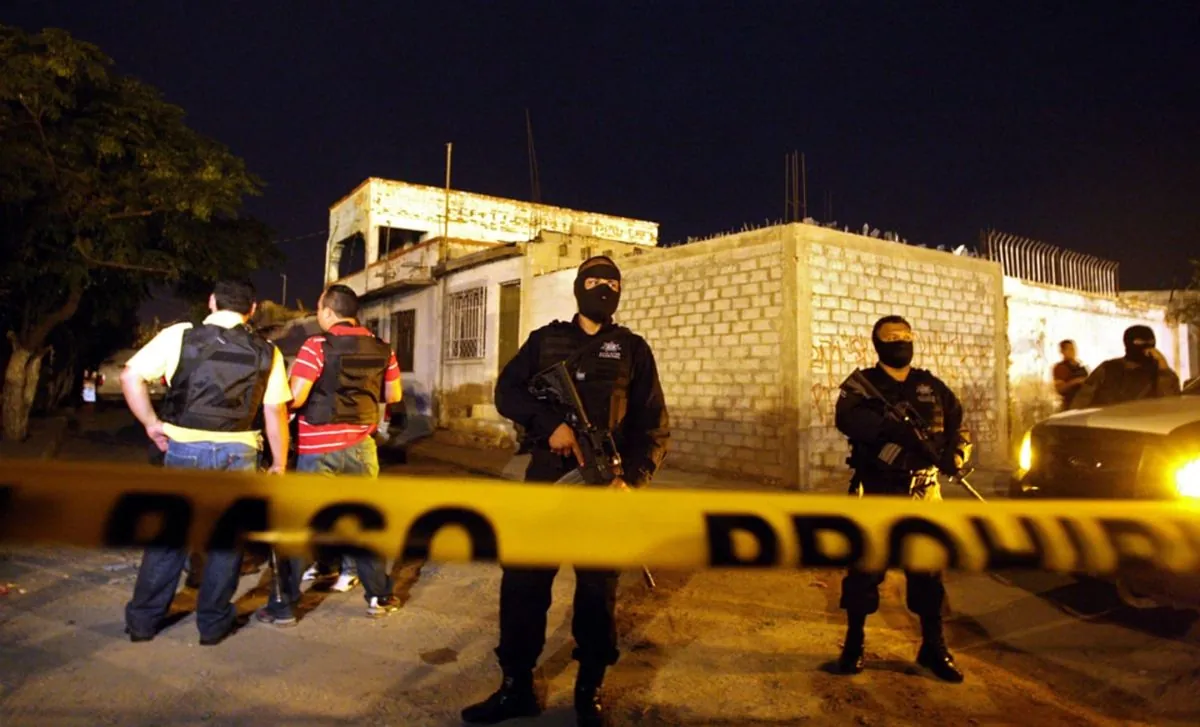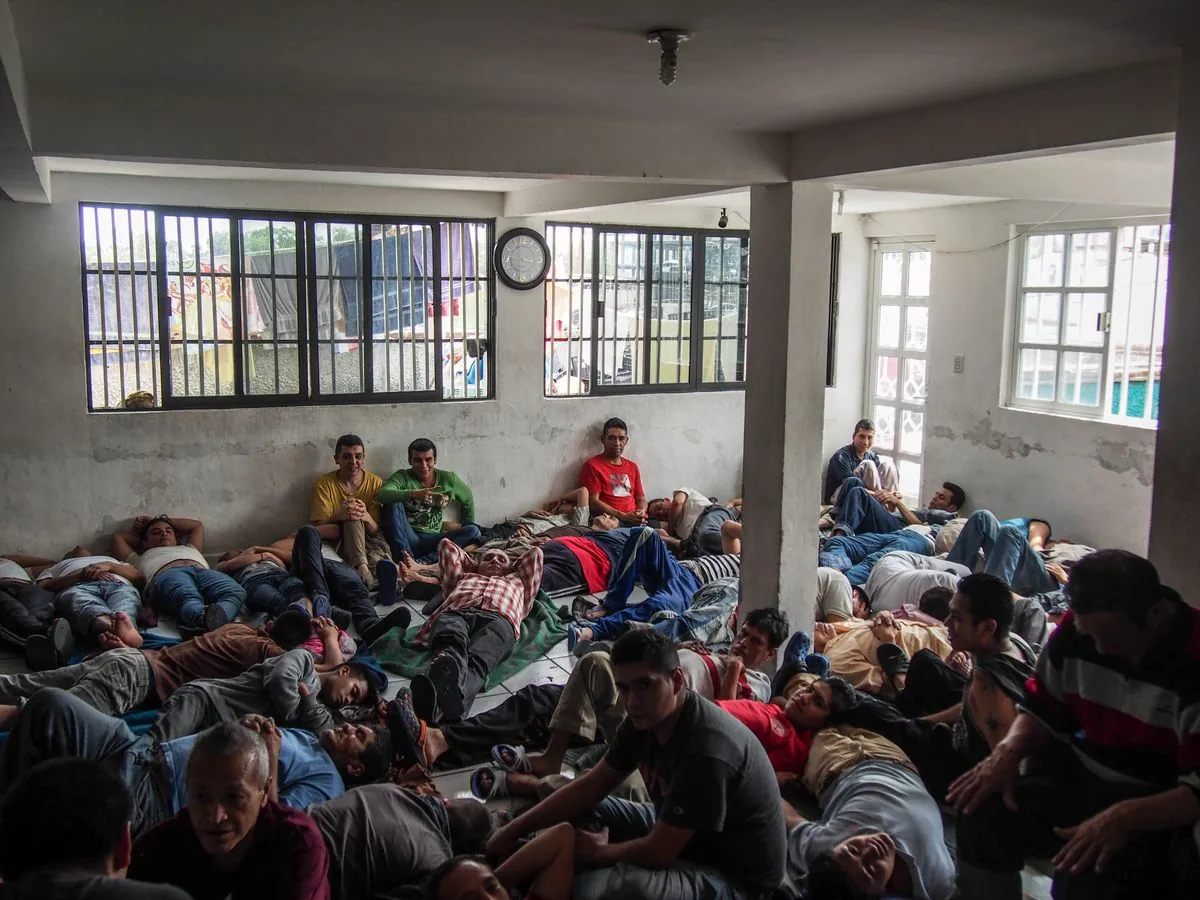Deadly Attack at Mexican Rehab Center Highlights Ongoing Drug Violence
Four men were killed and two wounded in an assault on a drug rehabilitation facility in Guanajuato, Mexico. The incident underscores the persistent violence linked to drug cartels in the region.

In a recent incident highlighting the ongoing drug-related violence in Mexico, an attack on a rehabilitation center in Salamanca, Guanajuato, resulted in the deaths of four men and left two others injured. The assault occurred on October 1, 2024, in the industrial city known for its oil refinery.
Guanajuato, the 6th most populous state in Mexico, has been grappling with a bloody turf war between two rival cartels: the Jalisco New Generation Cartel and the local Santa Rosa de Lima Cartel. This conflict has contributed to Guanajuato having the highest homicide rate among Mexican states, reflecting the broader national crisis that has claimed over 350,000 lives since the inception of Mexico's "War on Drugs" in 2006.
The attack in Salamanca is not an isolated incident. Similar assaults on rehabilitation centers have occurred throughout Mexico in recent years:
- In 2020, 27 people were killed in an attack on a rehab facility in Irapuato, Guanajuato.
- In 2010, 19 lives were lost in a similar incident in Chihuahua, Mexico's largest state by area.
- Over a dozen other attacks targeted rehab centers between 2010 and 2020.
These recurring incidents underscore the vulnerabilities of Mexico's privately-run drug rehabilitation centers, which often operate under challenging conditions:
- Lack of regulation and funding
- Potential for abuse
- Clandestine operations
- Inadequate resources
The Mexican government's limited investment in rehabilitation services has left these private facilities as the primary option for many low-income families seeking help for addiction. Unfortunately, this situation has also made these centers targets for violence, as rival gangs sometimes attack suspected dealers seeking refuge in these facilities.

Mexico's current administration, led by President Andrés Manuel López Obrador, has introduced a "hugs, not bullets" approach to combat cartel violence. This strategy, along with the establishment of the National Guard in 2019, represents an attempt to address the security crisis. However, critics argue that these measures have been insufficient in curbing the violence.
The persistent attacks on rehabilitation centers reflect the complex challenges Mexico faces in its battle against drug cartels. These criminal organizations have diversified their activities beyond drug trafficking, engaging in fuel theft, human trafficking, and extortion. The country's strategic location as a key transit point for drugs destined for the United States further complicates efforts to combat these powerful cartels.
While Mexico has taken some progressive steps, such as decriminalizing the possession of small amounts of drugs for personal use in 2009 and the Supreme Court's 2018 ruling on the unconstitutionality of prohibiting recreational marijuana use, the road to effectively addressing drug-related violence remains long and challenging.
As Guanajuato continues to struggle with cartel violence, the recent attack in Salamanca serves as a grim reminder of the ongoing security crisis in Mexico and the urgent need for comprehensive strategies to address both drug addiction and organized crime.
"We are deeply concerned about the recent attack on the rehabilitation center in Salamanca. Our thoughts are with the victims and their families. We are working tirelessly to bring those responsible to justice and to ensure the safety of our citizens."


































